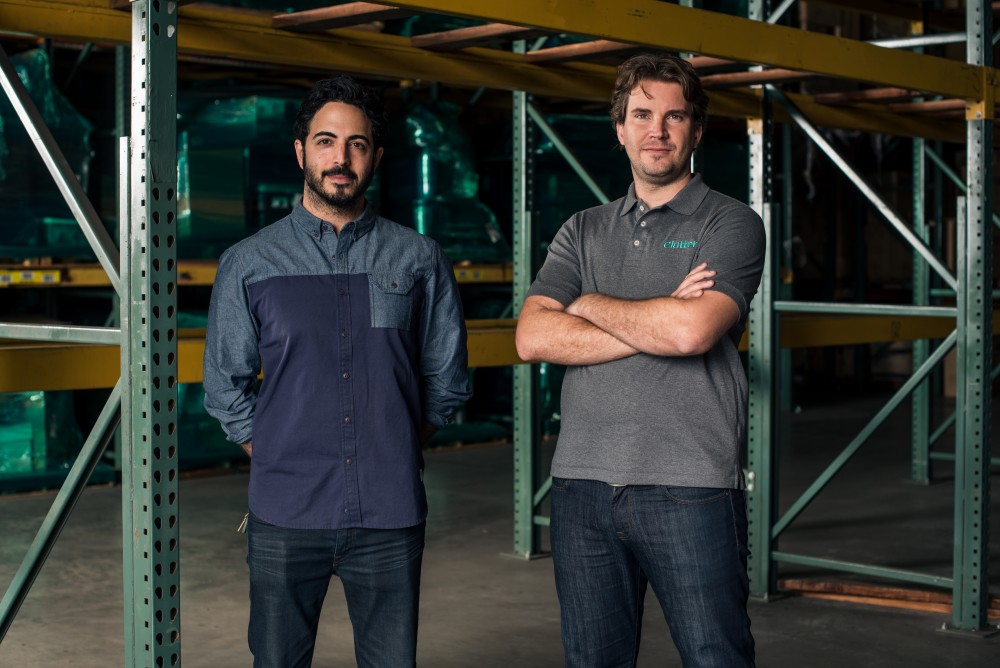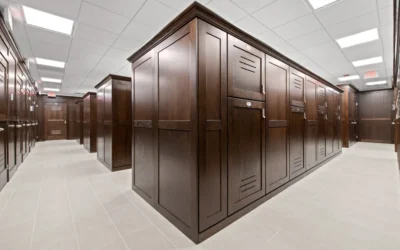Venture capital continues to show its faith in the emerging on-demand storage market, with a group of investors recently making the largest investment in the space to date.
On-demand storage provided Clutter announced today that it closed on a $64 million Series C round led by Atomico, which was joined by new investors GV (previously Google Ventures) and Fifth Walll. Previous investor Sequioa also contributed to the latest round.
That makes Clutter the most well-funded player in the space, with about $100 million raised to date. The company, which enables customers to have their belongings picked up and stored for them, operates in Los Angeles, San Francisco, New York, New Jersey, San Diego, Seattle. The company launched in Chicago today.
Over the last two years Clutter has grown to employ more than 200 employees, built a supply chain of dozens of warehouses and hundreds of vehicles, cofounder Ari Mir said in a recent blog post.
Mir also said that the company will use the latest investment to launch in 50 more markets over the next five to seven year.
“Atomico, our lead Series C investor, will play a big role in this expansion as we eye international opportunities,” Mir said.
Clutter, and other competitors including venture-backed MakeSpace, Closet Box and more recently Trove, seek to break into the $30 billion self-storage industry by offering a more convenient option than lugging your own stuff to a storage unit. All of these companies seek to make storage easier by having handlers pick up and deliver your items for you. They are also technology-powered, allowing customers to schedule deliveries and catalog their items via an app or web interface.
Unlike traditional storage operators that must always raise prices because they face limited supply, Mir says Clutter will never raise prices on customers, because they are able to build new warehouses in outlying industrial areas where land is plentiful and cheap.
“If we run out of space, we can easily and cost effectively expand supply, allowing us to never turn down customers and in turn never raise rates,” Mir said.








